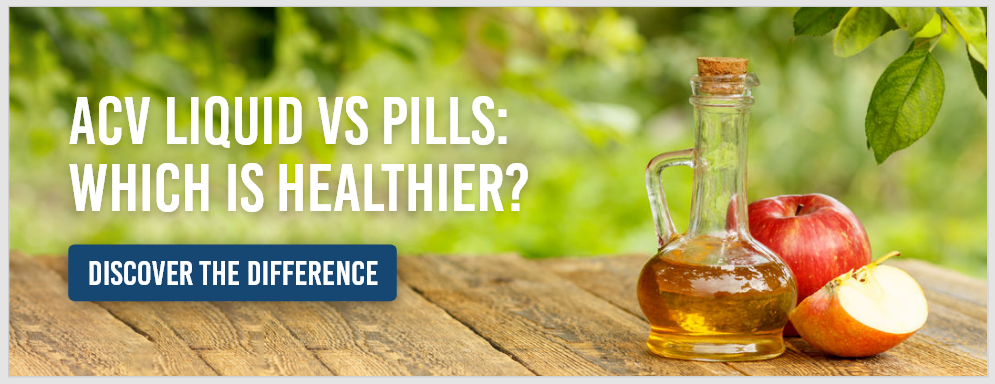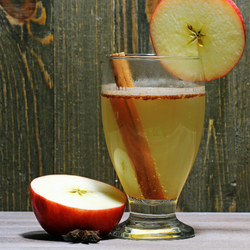If you’re reading this with bleary eyes and a pounding headache as you contemplate how you’re going to make it through a whole day of work after a late night on the town, you may want to consider if Apple Cider Vinegar for hangovers works. Or maybe you’re not hungover but you’re trying to help a friend who is. Whatever your situation, what you really want to know is whether or not you (or your friend) should take Apple Cider Vinegar for hangovers. In this post, we’ll explore how Apple Cider Vinegar (ACV) can be used to relieve some of the common symptoms associated with hangovers, and how you can incorporate it into your routine.
What Is A Hangover?
A hangover is the unpleasant physical and psychological symptoms that follow excessive alcohol consumption. Common symptoms of a hangover include headache, fatigue, nausea, dehydration, sensitivity to light and sound, impaired concentration, and difficulty sleeping. While the exact cause of hangovers is still not entirely clear, it’s thought to be caused by a combination of dehydration, disturbed sleep cycle, electrolyte imbalance, toxic byproducts of alcohol metabolism, and increased inflammation. Whatever the cause, hangovers can make it difficult to function the day after drinking.
What Does Apple Cider Vinegar Do For The Body?
Apple Cider Vinegar has long been used as a health tonic for a variety of ailments, but in recent years gained popularity as a cure for hangovers. Studies have shown that consuming Apple Cider Vinegar can help reduce bad cholesterol, increase good cholesterol, reduce blood pressure, and improve digestion. It may also help regulate blood sugar levels, boost fat-burning, and detox the body. Many of the health benefits of ACV are attributed to its acetic acid content.

Why People Think They Should Take Apple Cider Vinegar For Hangovers:
A study published in Bioscience, Biotechnology, and Biochemistry (1) examined the effects of acetic acid bacterium on ethanol (alcohol) levels in the blood of rats. (Yes, there are scientists that have been paid to get rodents drunk. We don’t recommend trying this at home or anywhere else.) The findings from this study did indicate that simultaneous alcohol consumption with acetic acid caused the blood-alcohol levels to be lower than when alcohol was consumed alone (2). Based on this, acetic acid may be effective for helping to reduce blood-alcohol levels. This means that Apple Cider Vinegar, as a source of acetic acid, may be able to help reduce the effects of alcohol consumption.
How To Take Apple Cider Vinegar
Do not drink Apple Cider Vinegar straight unless you want to risk burning your esophagus and causing more harm (3). There are a few ways you can take Apple Cider Vinegar that are safer than pure ACV shots.
Dilute With Water

Though the taste is sour, many people choose to dilute ACV in water and drink it straight. For the most basic recipe, people mix 1 to 2 tablespoons with 1 cup of water and drink. However, there are ways to make the experience less unpleasant. For example, some people add honey, lemon juice, cinnamon, and ginger, or they add orange juice and honey (4). There are tons of recipes out there for making apple cider vinegar taste less vinegary.
Take An Apple Cider Vinegar Supplement
Apple Cider Vinegar Supplements are an easy way to get acetic acid into the digestive system without potentially causing harm to the esophagus. High-quality ACV supplements, like those made by Approved Science® are made using “The Mother” which is forms during the second stage of the fermentation process and gives ACV a cloudy appearance. It is rich in amino acids, enzymes, probiotics, and acetic acid.
There are 2 options when is comes to taking Apple Cider Vinegar Supplements. You can go the old fashioned route and take Apple Cider Vinegar capsules with a glass of water. This gives you the added benefit of forcing you to drink water which can help with the dehydration caused by hangovers. Alternatively, you could take ACV Gummies which also contain acetic acid but are more fun to take and may even appeal to your sweet tooth. Approved Science® ACV Gummies also contain Vitamin A, Vitamin B6, and Folate, which are vitamins frequent alcohol consumption depletes (5), thereby making this an ideal supplement for hangovers.

Does Apple Cider Vinegar Really Work For Hangovers?
While there is limited scientific evidence on the efficacy of Apple Cider Vinegar as a hangover remedy, some anecdotal evidence suggests it may be beneficial in relieving certain symptoms of hangovers. On the one hand, ACV contains acetic acid which when consumed with alcohol lowered blood alcohol levels in the rats that were experimented on which may indicate that acetic acid can lower blood-alcohol content. However, taking ACV when you’re hungover is not necessarily going to have the same effects as taking it when you’re drinking alcohol. On the other hand, taking Apple Cider Vinegar for hangovers means drinking water and providing your body with nutrients which can help to counteract the dehydration that is at least partially responsible for your headache. All in all, Apple Cider Vinegar likely won’t cure your hangover but it might help you feel a bit better and it has a wide range of potential health benefits when supplemented with regularly.

